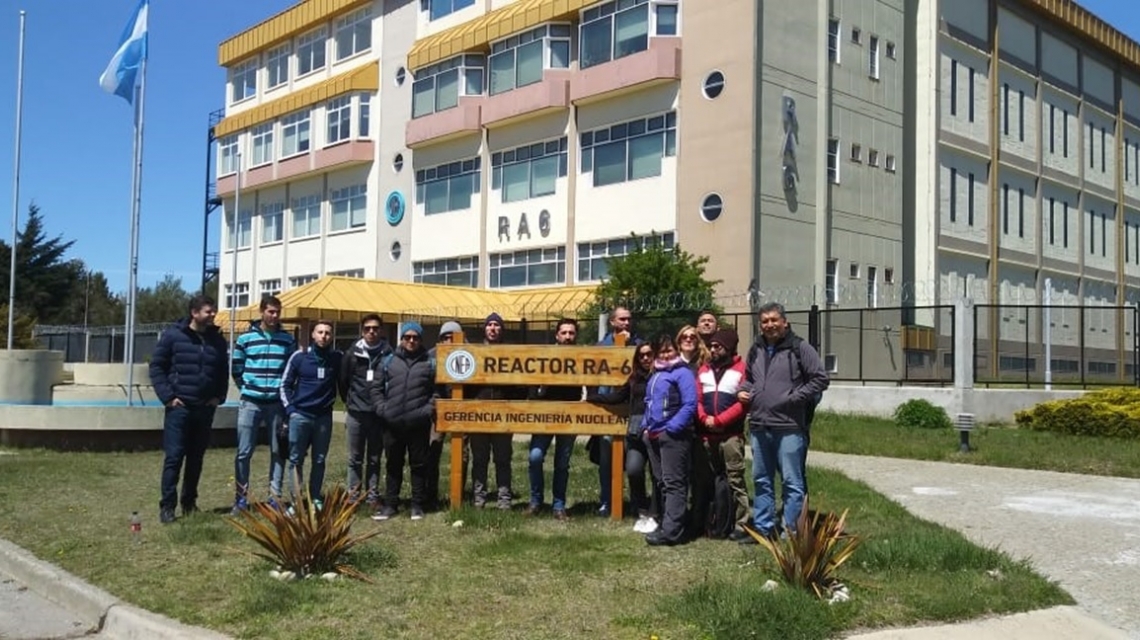New graduates of the postgraduate course on nuclear safety, delivered by the IAEA in cooperation with Argentina’s Nuclear Regulatory Authority (ARN) and with the Engineering Faculty of the University of Buenos Aires, recently returned to their home countries to contribute to nuclear safety and radiation protection. The graduates—eight of whom received support through an ongoing, regional technical cooperation (TC) programme[1]—are young students and professionals working in the nuclear field.
“Education and training are a fundamental pillar to ensure safe and secure applications in the nuclear and radiological field. For many years, this course played and continues to play an important role in strengthening the safety infrastructures and promoting the IAEA safety standards in the region,” said Gustavo Caruso, Director of the IAEA’s Office of Safety and Security Coordination, in his remarks to the course graduates.
Held from 5 September to 6 December 2019 with support of the IAEA’s TC programme, the three-month postgraduate course on nuclear safety was held at the ARN’s training centre in Ezeiza. The ARN has organized and hosted Spanish-language capacity building events in cooperation with the Agency since the 1980s, and its experienced staff continue to deliver the comprehensive course, which covers a range of nuclear safety-related aspects, from the fundamentals of reactor physics and design to safety assessments and the regulatory control of nuclear power plants.






